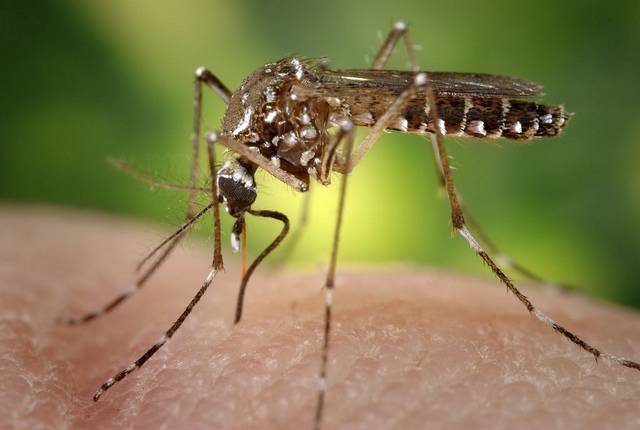The genetics behind what mosquitos choose to bite
Ars Technica 2016-09-27

(credit: Sanofi Pasteur)
Mosquito-borne illnesses are a considerable burden on human and animal health, so understanding what influences the behavior of mosquitos could be useful. A recent study published in PLOS Genetics suggests that there may be a genetic component to mosquito behavioral preferences, including what they choose to bite.
The control of malaria depends on the propensity of mosquitos to bite humans versus other hosts—if mosquitos prefer humans, then they’re more likely to spread diseases between humans, but if they prefer to feed on other animals (like cows, for example), then mosquitos may not be contributing as significantly to the human burden of disease. Additionally, control of malaria depends on the tendency of mosquitos to rest in places where we can ensure they are likely to come into contact with insecticides. Mosquitos are more likely to encounter insecticides indoors, because homes in countries where malaria is endemic are more likely to have long-lasting, insecticide-treated nets, which will kill mosquitos if they come into contact with them. These nets are highly effective and have pared down the number of dangerous mosquito species in many parts of Africa.
For this PLOS study, some researchers were interested in investigating the potential that the surviving mosquitos may have adapted their behavior to avoid control measures like nets. And, if this were occurring through evolution, it should have left a mark in the pests’ genomes. So they investigated the genetic basis for mosquito host and resting area choices.